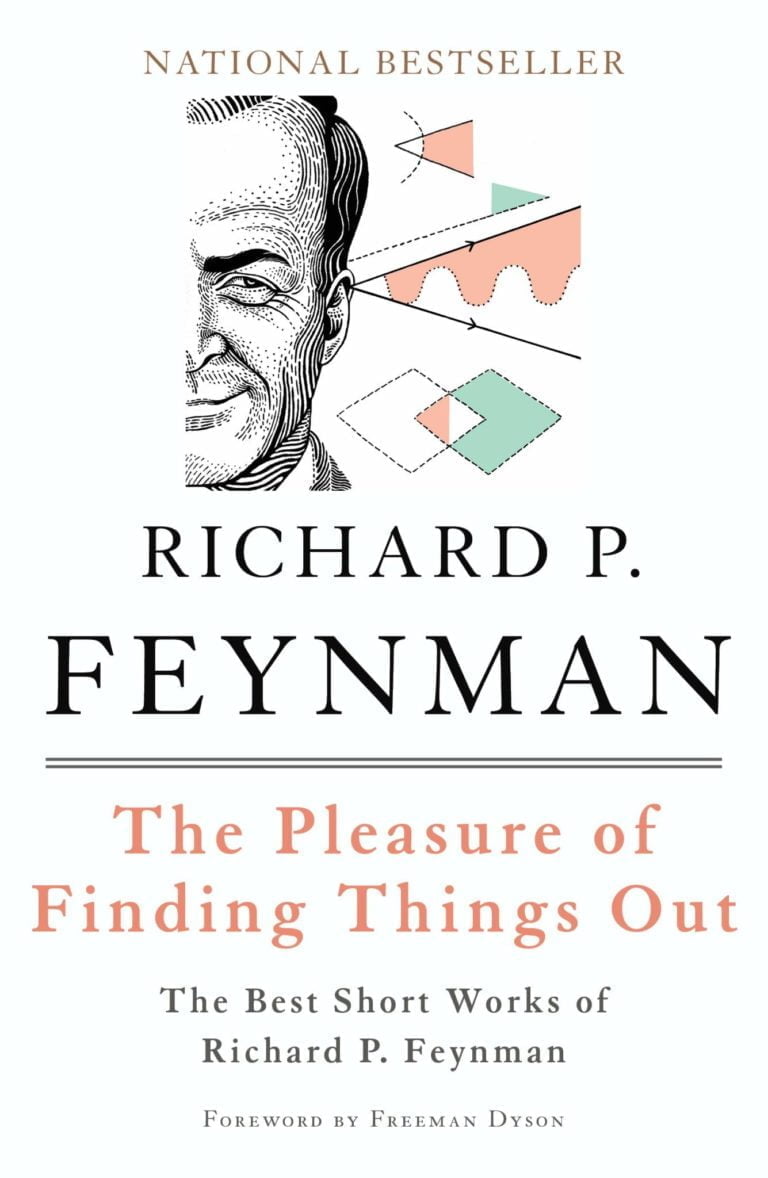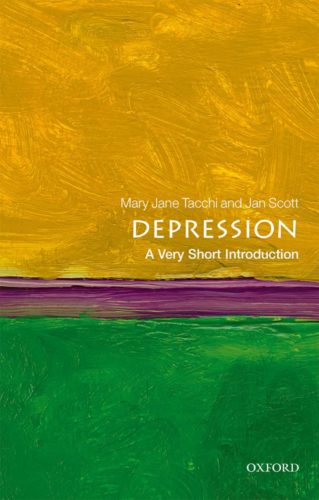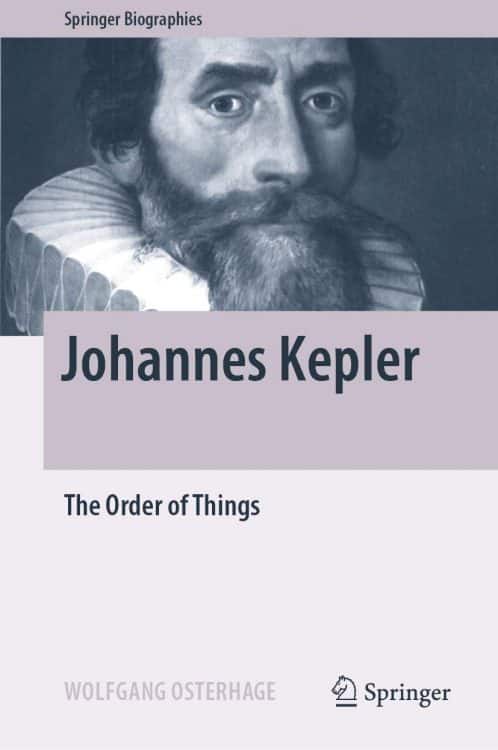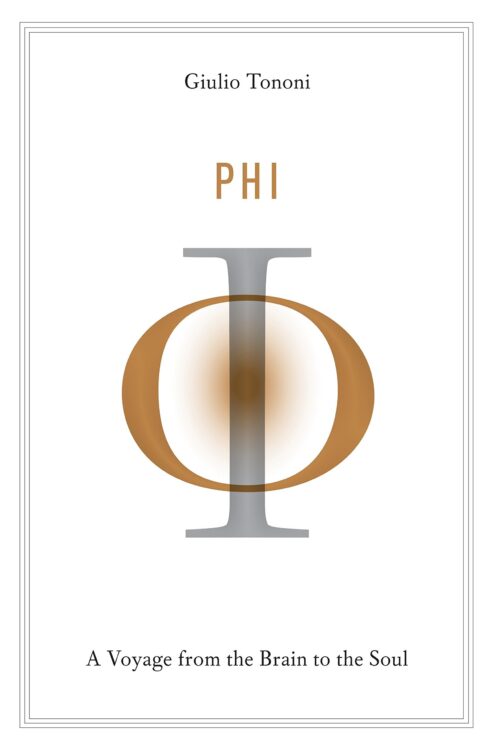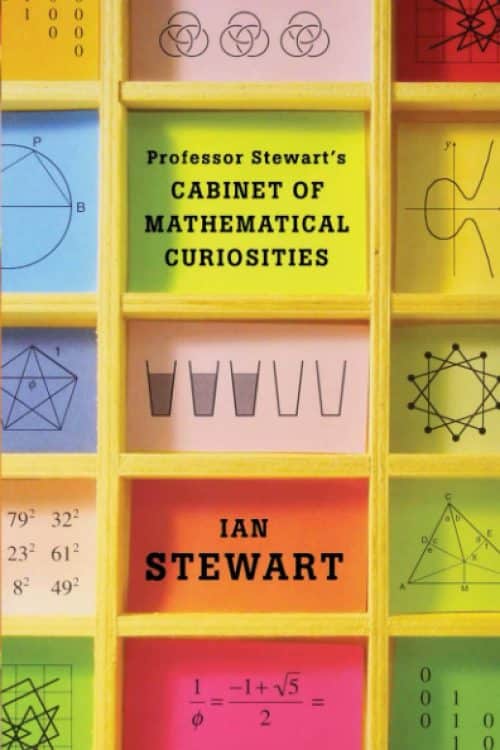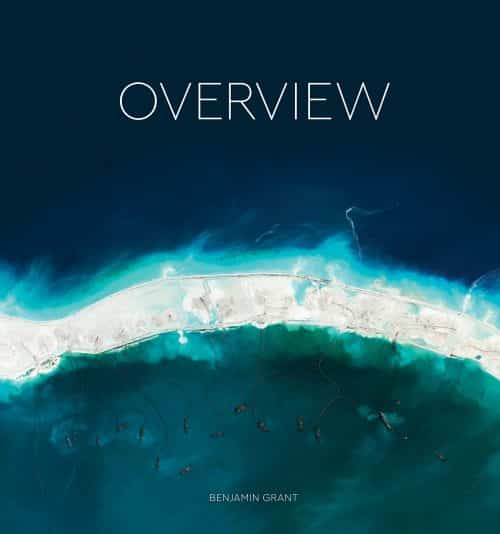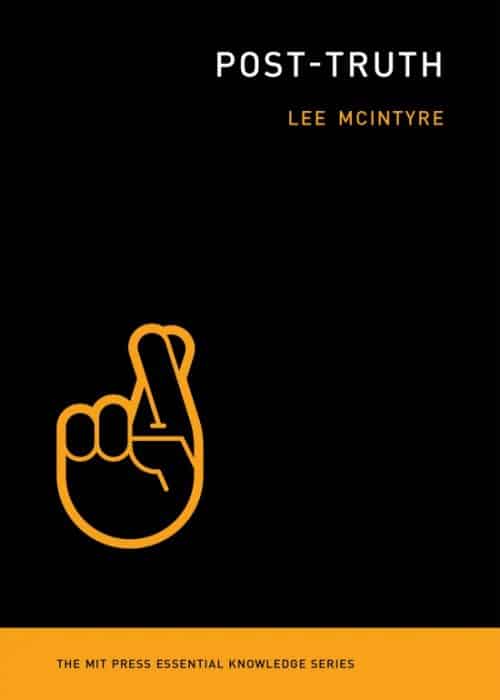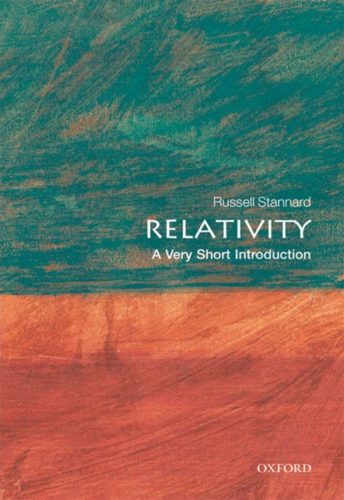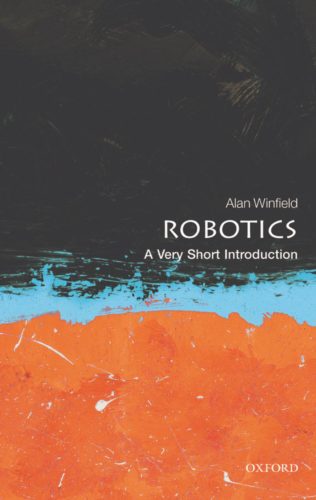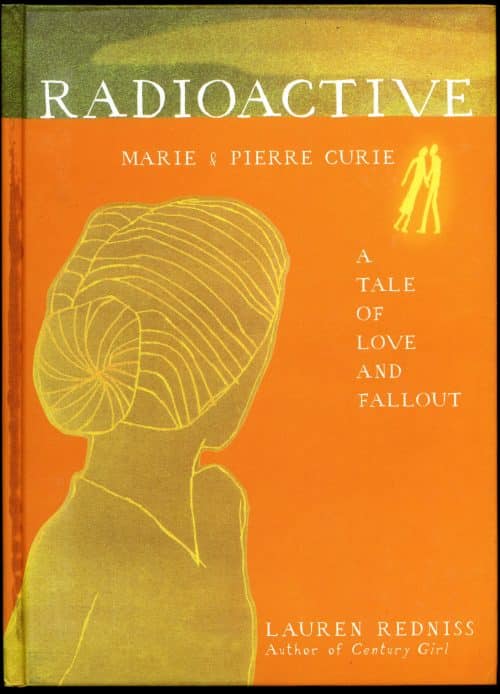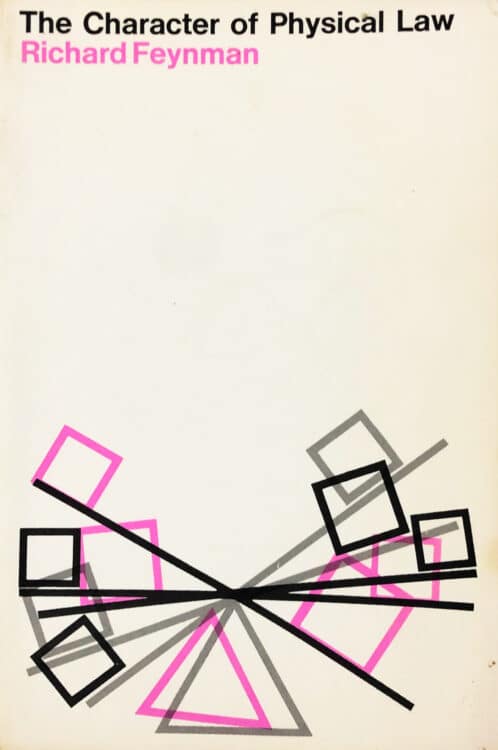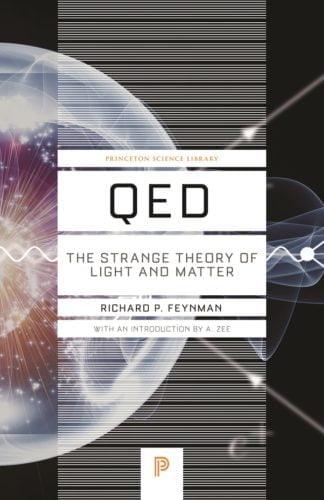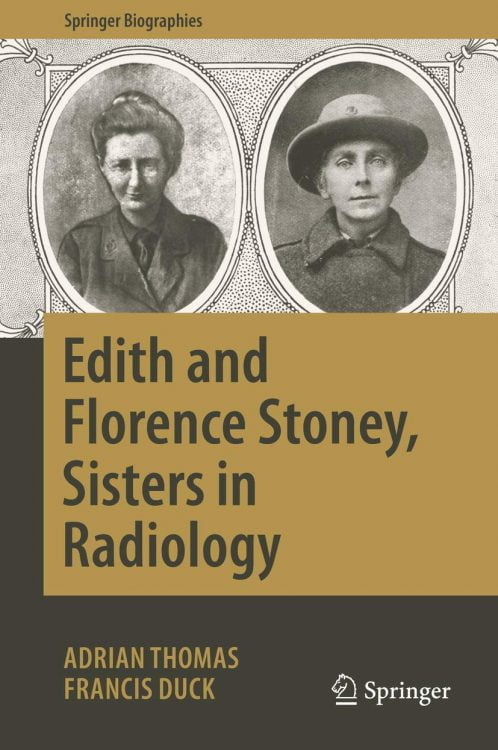The legend of Richard Feynman continues to captivate us even after his passing. With “the best short works of Richard P. Feynman,” The Pleasure of Finding Things Out offers a diverse range of his writings, shedding further light on the mind of this brilliant and unconventional scientist.
Included in this collection are interviews, lectures, reminiscences, and even Feynman’s minority report on the Challenger inquiry. From personal anecdotes to technical pieces, The Pleasure of Finding Things Out provides an excellent introduction to Feynman, showcasing his inquisitive mind, his wit, and his genius.
While some of the writings may seem haphazard, this variety allows readers to fully appreciate the many facets of Feynman. Descriptions of his youth, where he discovered “the pleasure of finding things out,” and his insatiable curiosity about the world give a vivid glimpse into the man behind the accomplishments.
Whether discussing his experiences in Los Alamos, exploring cult sciences, or contemplating the future of technology, Feynman’s curiosity and skepticism shine through. The Pleasure of Finding Things Out is filled with captivating anecdotes and thought-provoking speculations that keep readers engaged and constantly looking ahead to the next idea.
However, it is important to note that the book‘s directness can also be its weakness. The prose is unpolished, with transcriptions of lectures and interviews lacking in clarity. A stronger editorial hand could have improved the readability and provided clearer introductions and attributions.
Despite these flaws, Feynman’s generous spirit permeates the pages, making the journey through occasionally muddled prose worthwhile. Many of his insights, even decades later, remain relevant and thought-provoking. The Pleasure of Finding Things Out is a recommended read, with the caveat that readers should not expect a perfectly polished experience.
Editorial mistakes in the American edition, such as incorrect information about Brownian motion and a misspelling of James Joyce’s work, are unfortunate and should have been avoided. It is our hope that future editions will address these issues.

